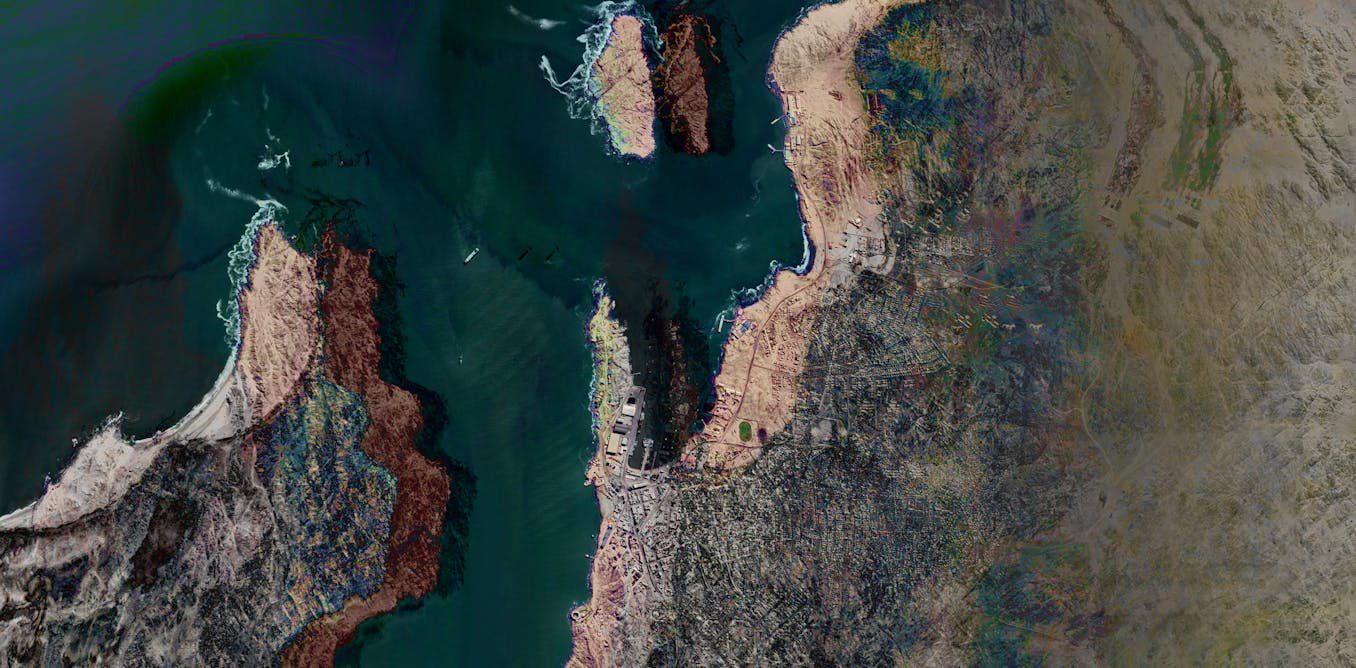from otter@lemmy.ca to world@lemmy.world on 18 Feb 15:13
https://lemmy.ca/post/39338095
Authors:
- Rosanna Carver, Postdoctoral Research Fellow, University of Victoria
- Natache Iilonga, Researcher, School of Environmental Science, University of Victoria
In September 2025, Namibia will host the Global African Hydrogen Summit. The Namibian government has ambitions to turn the country into a leading producer of green hydrogen for export to markets in Europe and elsewhere. However, the lands and waters now regarded as being essential to Europe’s energy transition are tied to traumatic memories of colonial violence; especially the ocean, which is the final resting place for thousands of Namibians.
As countries around the world transition to renewable energy, an inconspicuous peninsula in Namibia known as Shark Island is positioned to play a key role in the production of so-called “green” hydrogen, which is a proposed alternative to fossil fuels.
However, the peninsula and its waters are at risk of being compromised by proposed port expansions to support the transportation of green hydrogen. Shark Island, near the town of Lüderitz, is now a campsite for tourists.
But Shark Island is also called Death Island, and it was a concentration camp and a site of genocide during German colonial rule from 1884 to 1915. The concentration camp has since been destroyed, leaving little evidence of the violence that occurred there. However, recent international investigations highlight what many Namibians have known and worked on for generations.

#world
threaded - newest
How about we leave the site alone. Not religious in any sense, but those dead deserve to rest in peace.
I’d say we should have no opinion on it at all. It is for the people of Namibia to decide how they want to use or not their land. Our only role is to respect the decision they come to.
Fair.